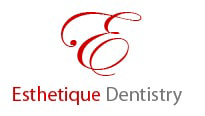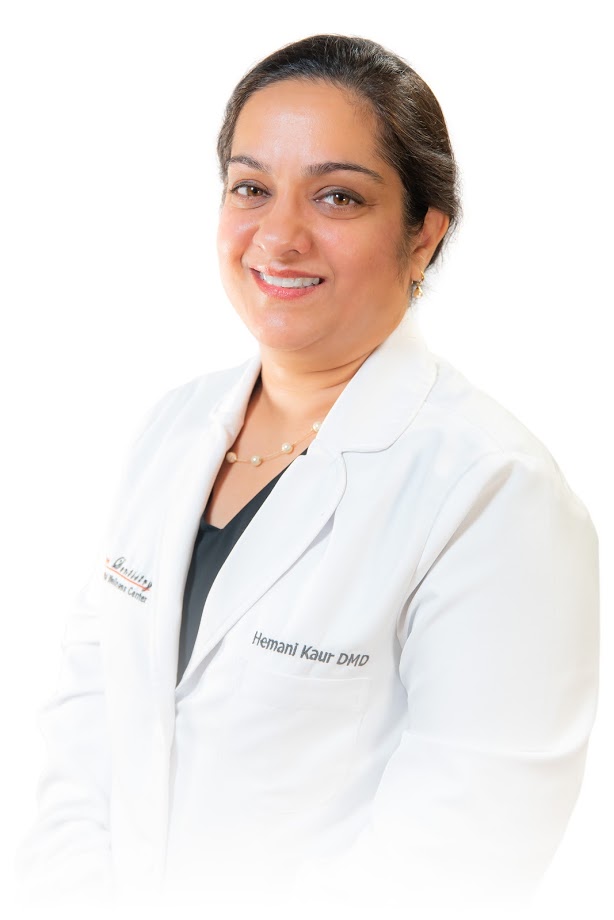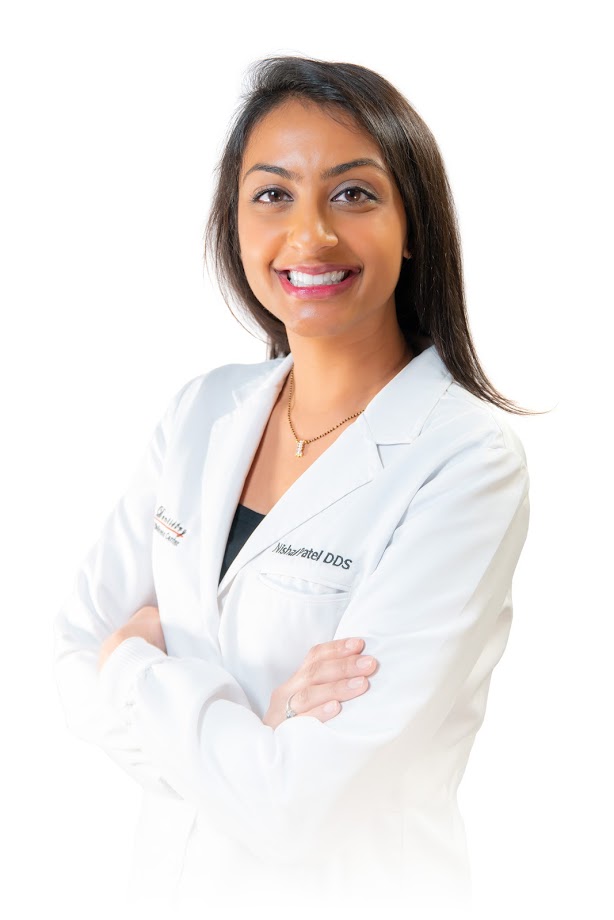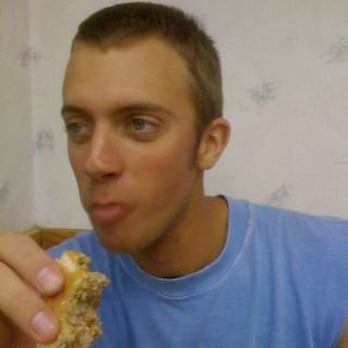Oral and Maxillofacial Surgery in Frederick MD
Oral and maxillofacial surgery is surgery to correct a wide spectrum of diseases, injuries and defects in the head, neck, face, jaws and the hard and soft tissues of the oral and maxillofacial region. It is a recognized international surgical specialty, and it is one of the nine specialties of dentistry recognized by the American Dental Association.
Oral Surgeons: Changing Lives with a Smile
Oral and maxillofacial surgeons are the only recognized dental specialists who, after completing dental school, are surgically trained in an American Dental Association-accredited hospital-based residency program for a minimum of four years. They train alongside medical residents in internal medicine, general surgery and anesthesiology and also spend time in otolaryngology (ear, nose and throat), plastic surgery, emergency medicine and other specialty areas. Their training focuses almost exclusively on the hard and soft tissue of the face, mouth and jaws, and their knowledge and surgical expertise uniquely qualify them to diagnose and treat the functional and esthetic conditions in this part of the body.
Conditions and Treatments
Your oral and maxillofacial surgeon has many years of education and hands-on training to provide treatment for a wide range of conditions.
Corrective Jaw Surgery
Corrective jaw or orthognathic surgery is performed in which the upper jaw, lower jaw and chin may be repositioned to correct minor and major skeletal and dental irregularities, including the misalignment of jaws and teeth which can improve chewing, speaking and breathing. Difficulty chewing or biting food, excessive wear of teeth, a receding chin, a protruding jaw or sleep apnea may indicate the need for corrective jaw surgery.
Cleft Palate
Cleft lip and cleft palate result when all or portions of the mouth and nasal cavity do not grow together properly during fetal development. The result is a gap in the lip or a split in the opening in the roof of the mouth. Until it is treated with surgery, a cleft palate can cause problems with feeding, speech and hearing. Oral and maxillofacial surgeons work as part of a team of health care specialists to correct these problems through a series of treatments and surgical procedures over many years.
Facial Trauma
Maxillofacial injuries or facial trauma encompass any injury to the mouth, face and jaw. One of the most common types of serious injury to the face occurs when bones are broken. Fractures can involve the lower jaw, upper jaw, palate, cheekbones, eye sockets or combinations of these bones. These injuries can affect sight and the ability to breathe, speak and swallow. Because of this, the expertise of the oral and maxillofacial surgeon is indispensable. Avoiding injury is always best, so it is extremely important to use seat belts, protective mouth guards and appropriate masks and helmets for everyone who participates in athletic pursuits at any level.
Temporomandibular Joint Surgery
The temporomandibular joint (TMJ) is a small joint located in front of the ear where the skull and lower jaw meet and allows the lower jaw to move and function. If you experience jaw pain, earaches, headaches, a limited ability to open or close your mouth, clicking or grating sounds, you may have Temporomandibular Disorder (TMD). TMJ treatment may range from conservative dental and medical care to complex surgery. If non-surgical treatment is unsuccessful or if there is clear joint damage, surgery may be indicated which can involve either arthroscopy or repair of damaged tissue by a direct surgical approach.
Oral Cancer
Oral and maxillofacial surgeons recommend that everyone perform an oral cancer self-exam each month. If you notice white or red patches, an abnormal lump, chronic sore throat or hoarseness or difficulty chewing or swallowing, you should contact your oral and maxillofacial surgeon. They will remove a section of tissue to perform a biopsy and accurately diagnose the problem.
Implants
Dental implants are long-term replacements for missing teeth that your oral and maxillofacial surgeon surgically places in the jawbone. Composed of titanium metal that fuses with the jawbone through a process called osseointegration, dental implants never slip and never decay. Because dental implants fuse with the jawbone, bone loss is generally not a problem.
Outpatient Anesthesia
Oral and maxillofacial surgeons have the ability to provide patients with safe, effective outpatient anesthesia including local anesthesia, nitrous oxide, IV sedation and general anesthesia. During their surgical residency, residents must complete a rotation on the medical anesthesiology service where they become competent in evaluating patients for anesthesia, delivering the anesthetic and monitoring post-anesthetic patients.
Extractions
 There are times when it is necessary to remove a tooth. Sometimes a baby tooth has misshapen or long roots that prevent it from falling out as it should, and the tooth must be removed to make way for the permanent tooth to erupt. At other times, a tooth may have so much decay that it puts the surrounding teeth and jaw at risk of decay, so your doctor may recommend removal and replacement with a bridge or implant. Infection, orthodontic correction, or problems with a wisdom tooth can also require removal of a tooth.
There are times when it is necessary to remove a tooth. Sometimes a baby tooth has misshapen or long roots that prevent it from falling out as it should, and the tooth must be removed to make way for the permanent tooth to erupt. At other times, a tooth may have so much decay that it puts the surrounding teeth and jaw at risk of decay, so your doctor may recommend removal and replacement with a bridge or implant. Infection, orthodontic correction, or problems with a wisdom tooth can also require removal of a tooth.
When it is determined that a tooth needs to be removed, your dentist may extract the tooth during a regular checkup or may schedule another visit for this procedure. The root of each tooth is encased within your jawbone in a “tooth socket,” and your tooth is held in that socket by a ligament. In order to extract a tooth, your dentist must expand the socket and separate the tooth from the ligament holding it in place. While this procedure is typically very quick, it is important to share with your doctor any concerns or preferences for sedation.
Once a tooth has been removed, neighboring teeth may shift, causing problems with chewing or with your jaw joint function. To avoid these complications, your dentist may recommend that you replace the extracted tooth.
Contact our Frederick dental office and make an appointment. We are here to help: (301) 846-0433
Visiting Esthetique Dentistry was probably the best experience I have had with a dental practice ever. You can tell that they pay attention to detail and take time to ensure a holistic view of your dental health is considered. I would recommend the practice to anyone.
After moving to the area I needed to find a dentist to do some extensive work – my wife and I found Esthetique Dentistry and we could not be happier. The staff is polite professional and understanding. Everything is clearly explained, questions are invited and answered, and most importantly patient comfort is a priority.
I have a dentist phobia but everyone at Esthetique made me feel so welcome and at home. From the awesome staff at the front desk, Diana in customer service, the dental assistants and hygienists and finally to Dr. Talwar – my experience could not have been better. The office is clean, state of the art.






